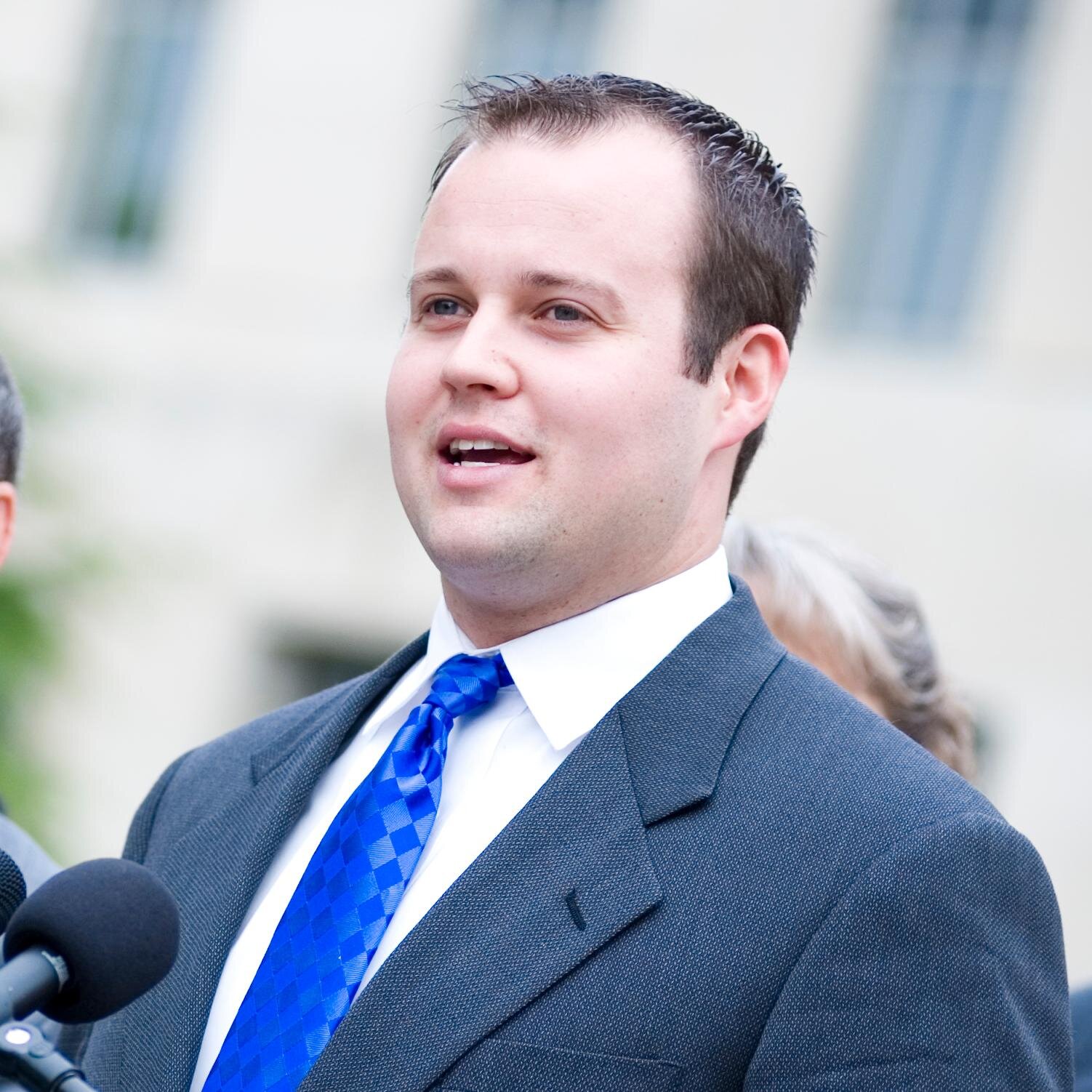| Truly outrageous... Box office results. |
| Pan got... Well, panned. |
| "Synergy," a powerful supercomputer capable of creating entire virtual worlds was almost entirely dropped from the Jem movie and turned into something drastically different. |
Now on to Pan. Where to begin? Unlike Jem, it had a huge budget, star power, and dazzlingly amazing visuals in its trailer, yet it tanked even worse, possibly taking down the careers of the art-house darling director Joe Wright and star Hugh Jackman. So many things went wrong here, the least of which was Joe Wright channeling his aforementioned "art-house" roots and adding songs by Nirvana and the Ramones into what is supposed to be a whimsical children's film. Hugh Jackman's overly "glamorous" and "flamboyant" portrayal of Blackbeard, a real life persona that has literally no Peter Pan myth, also seemed off putting. Another alienating factor was casting white actors as the Native American tribe that lives in Neverland. Overall, the film just didn't feel like it was part of the Peter Pan universe, something that has been loved and adored by children of all ages for decades. Joe Wright's brightly colored "Rococo" style production design went over the intended audience's heads. As critics pointed out, this strange heady brew of deviation turned the film into a "something for nobody," it turned into a white elephant that no one really cared to see. And thus, a colossal bomb was created and only time will tell if it destroyed any of the people involved with the film and if Hollywood will go back to Neverland.
And now comes my opinion as to where both films coincide in terms of flopping. They are both origin stories. Dull, generic, by-the-numbers cliched origin stories. Ever since Batman Begins, studios have been tripping over themselves to create gritty and serious films about famous pop culture characters' humble beginnings. So far we had to endured various "explanatory" prequels for King Arthur, Robin Hood, Spider-Man (TWICE!), Wolverine, and Maleficent. I'm sure there are more that I'm forgetting. Oh, right, there's also that the first season of Netflix series Daredevil, which is almost a textbook example of an "origin prequel." We, the built-in fanbase and the audience already familiar with the subject, have to endure an entire film until the very end when the character we came to see actually becomes the character we came to see. Jem literally teased it with us by showing a fake trailer during the credits of everything we wanted to see (Synergy Supercomputer, epic adventures, the Misfits) for a proposed sequel, which of course now will never get made. Pan makes this even worse by setting up the ending to lead into yet another prequel film that doesn't even begin to scratch the eventual characterizations of Peter Pan and Captain Hook.
If there is one positive thing to co
me of these two flops is the end of the insipid "origin prequel."
~Evgueni.









